- Category
- Perspectives
Professor Francis Fukuyama on Putin’s Empire Dream as the Last Gasp of Russian Colonialism
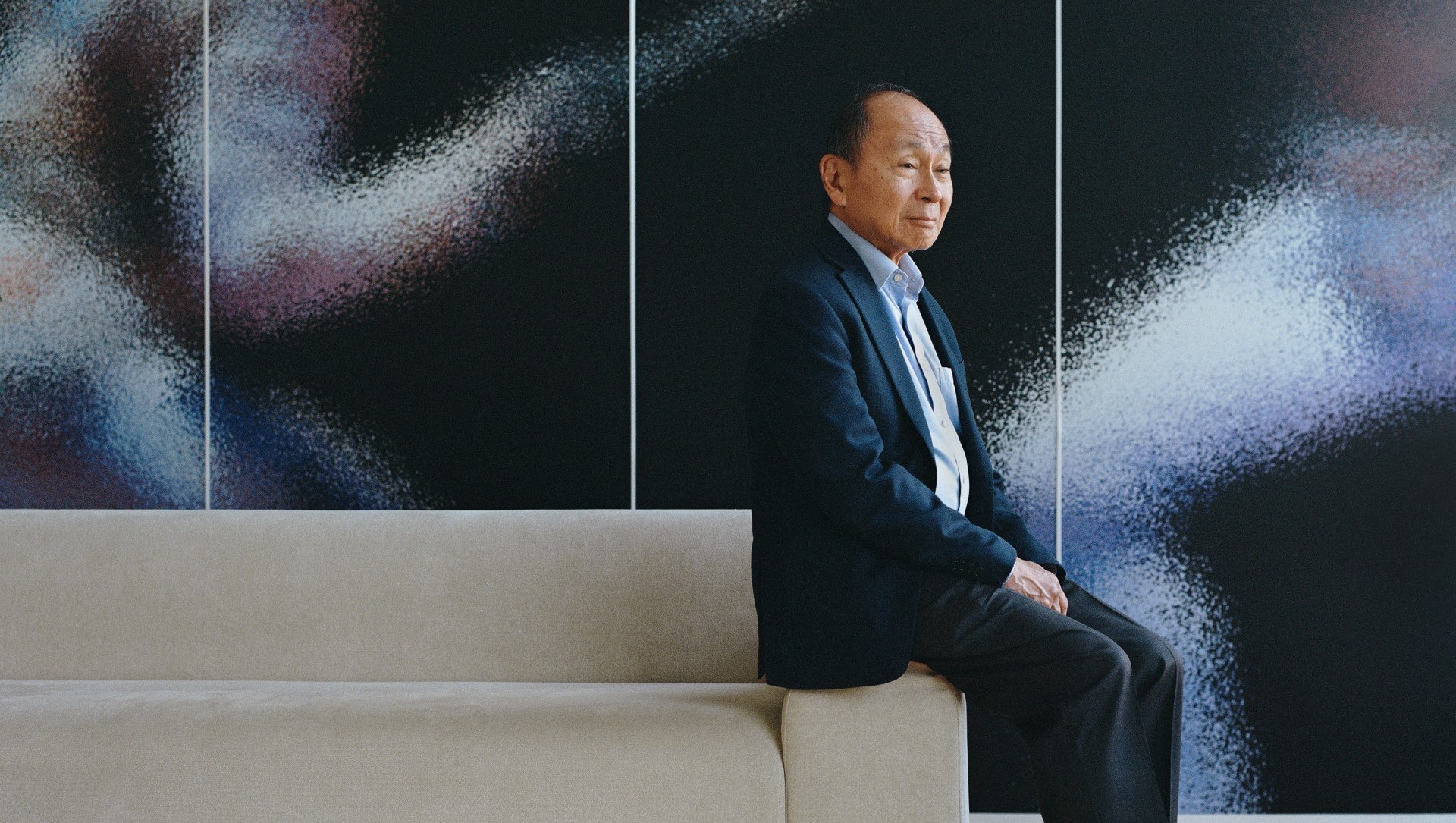
Professor Francis Fukuyama is a prominent American scholar, political scientist who has written widely on development and international politics. He is probably most known for his work "The End of History and The Last Man," published in 1992. He joined our reporter, Philip Malzahn, in the studio to discuss democracy, the geopolitical landscape, and Russia’s invasion of Ukraine.
How do you think the Russian invasion of Ukraine has affected the global narrative around liberal democracy versus authoritarianism? And does it reinforce your earlier ideas about the resilience of liberal democracy?
I think that what has happened in the more than 30 years since I wrote "The End of History" and the end of the Cold War is that many people who lived in liberal democracies became rather complacent. They assumed that democracy would be the single framework for their societies and it wasn't really threatened by anybody. Especially with the beginning of the full-scale invasion, suddenly, people realized that democracy didn't necessarily always exist and that you had to fight for it.
Ukraine's fight for its own sovereignty and independence has been very inspiring to many people, but it also puts stress on democracy because the war consumes a lot of resources as well as lives. It's changed the global balance of power.
Europe had to wean itself off of Russian energy and that caused other geopolitical changes. The whole world politically realigned as a result of that. I think that has made us aware of, in a way, the fragility of the current situation that we're facing in terms of the stability of democracy.
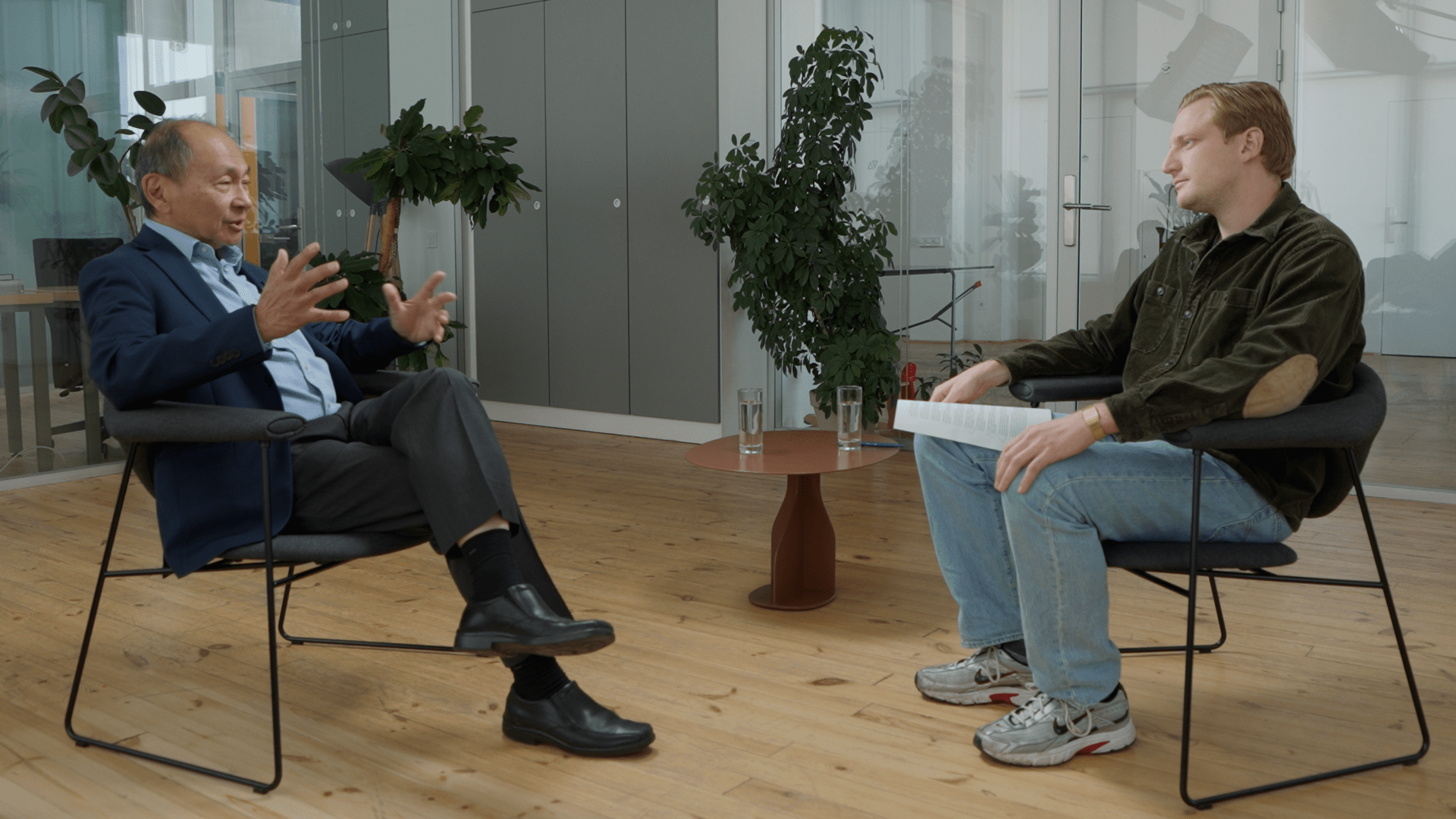
So you basically say that the conflict that was thought to be a little bit lost has revived or has come back?
I think that in 1989 and then 1991, when the Soviet Union fell apart, for many people it was a relief because all these countries were released from the Soviet prison, in a certain sense. But we didn't anticipate some of the challenges that would appear, so many of the countries that had been communist and had rejected communism now started to show a certain nostalgia for the world that existed back then.
Then, it turns out that Russia was never really reconciled to the loss of its empire. I think that's what Vladimir Putin represents, is this intense longing for a past where they believe that they were powerful and glorious and they lost that somehow. And that has obviously been driving a lot of the instability in Europe.
Russia is the last colonial empire. Britain, France, all of these other countries used to have empires and they gave them up, because we live in an age of democracy where people are supposed to be self-determining. Russia is the only country that seems to think it deserves to maintain an empire.
The war in Ukraine has seemingly unified Europe in ways not seen in recent decades. Do you think this unity will persist in the long term? How much does it influence the future of the European Union and European democracy as a whole?
The unity was really remarkable in the first year of the war. I think that since then, as the war has dragged on, you're seeing cracks because in individual countries, there has been a little bit of weariness about supporting Ukraine. You're seeing the rise of populist parties like the AfD in Germany, where they're actually more on the Russian side than on the Ukrainian side. Overall, the situation is still reasonably good but there's growing opposition to support for Ukraine. That's going to be a real problem going forward.
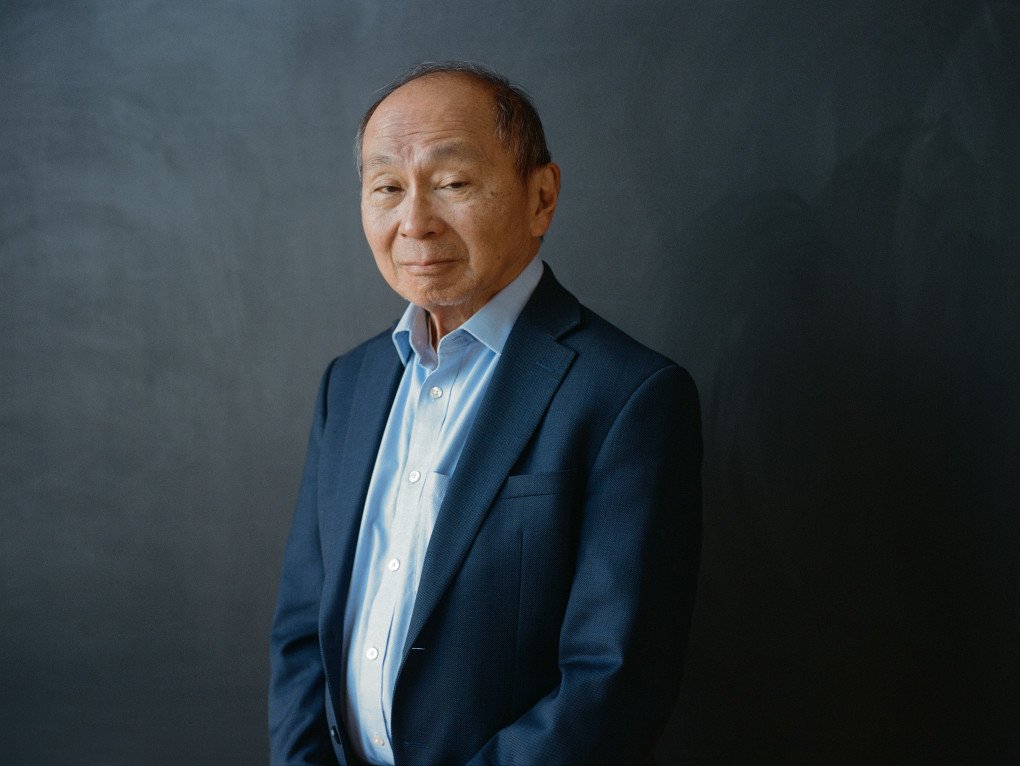
How are traditional political blocs in their allegiance to Russia changing? For example, the AfD populist right-wing party which has pro-Russian sentiments.
Support for the Soviet Union was obviously a left-wing cause, but Putin has transformed Russia into a kind of fascist, right-wing nationalist state. Nationalists don't obviously work together at all times, but in recent years, they've been supporting each other in terms of opposition to Western liberal democracy. Liberal democracy means openness to the outside world, trade, and joining the European Union—this larger entity. A lot of individual nations resent that and want to assert their own national traditions.
Ukraine has expressed a strong desire to align with Western liberal democracies. How do you evaluate Ukraine's prospects for democratic consolidation in the context of the ongoing war?
There are two institutions that matter in this respect. One is the European Union, and the other is NATO. In terms of the European Union, I think that that's going to happen. There are accession criteria that Ukraine has to meet, but I think that's actually healthy for Ukraine.
It means that in terms of corruption, transparency, and a lot of governance characteristics—these are things that Ukraine has been struggling to do and should be doing in any event. I think those criterias will be met.
The NATO part is more difficult because NATO says that it won't accept countries that are actually in a war, which Ukraine is. On the other hand, you can't really end the war until there's a sufficient security guarantee for the future, so that the Russians can't simply start the war up again when they feel stronger. I think that’s one of the chief problems politically that we have to confront. I do think it's ultimately solvable but it is a conundrum right now.
How has the war in Ukraine altered the global geopolitical landscape, particularly in relation to the balance of power between liberal democracies and so-called authoritarian regimes like Russia?
There's a growing axis of authoritarian powers. It's not like the Cold War in that they don't all share the same ideology. For example, Iran is this extremist religious state, mixed in with China, which still claims to be a Marxist country. They all support each other.
What unites them is opposition to liberal democracy itself. They don't want to be any part of this Western mixture of free societies, open economies and the like. There's definitely an increasing degree of cooperation among these outsider countries or countries that have been outsiders.
As you said, countries are not necessarily all the same. Neither are the Western and liberal democracies, like Hungary and Germany. Sweden and Norway have huge differences in terms of political systems and society. But still, they treat us a little bit as a bloc, will we see a revival of blocs?
I do think that there is a natural affinity among countries that share basic democratic values, that they believe in a rule of law. They believe in checks and balances and constitutional government. Hungary, I think, actually doesn't belong in the European Union. They've adopted an authoritarian system. They're taking subsidies from the European Union, but they spit back this ridiculous nationalist ideology in the face of the EU.
The rest of the bloc is pretty unified in terms of its common values and a degree of mutual support, that's important. And actually, I think it's the authoritarians that are more diverse because you do have some coming from the old left, some coming from the right. What they have in common is really not any coherent set of values, It's more just dislike of liberal democracy.
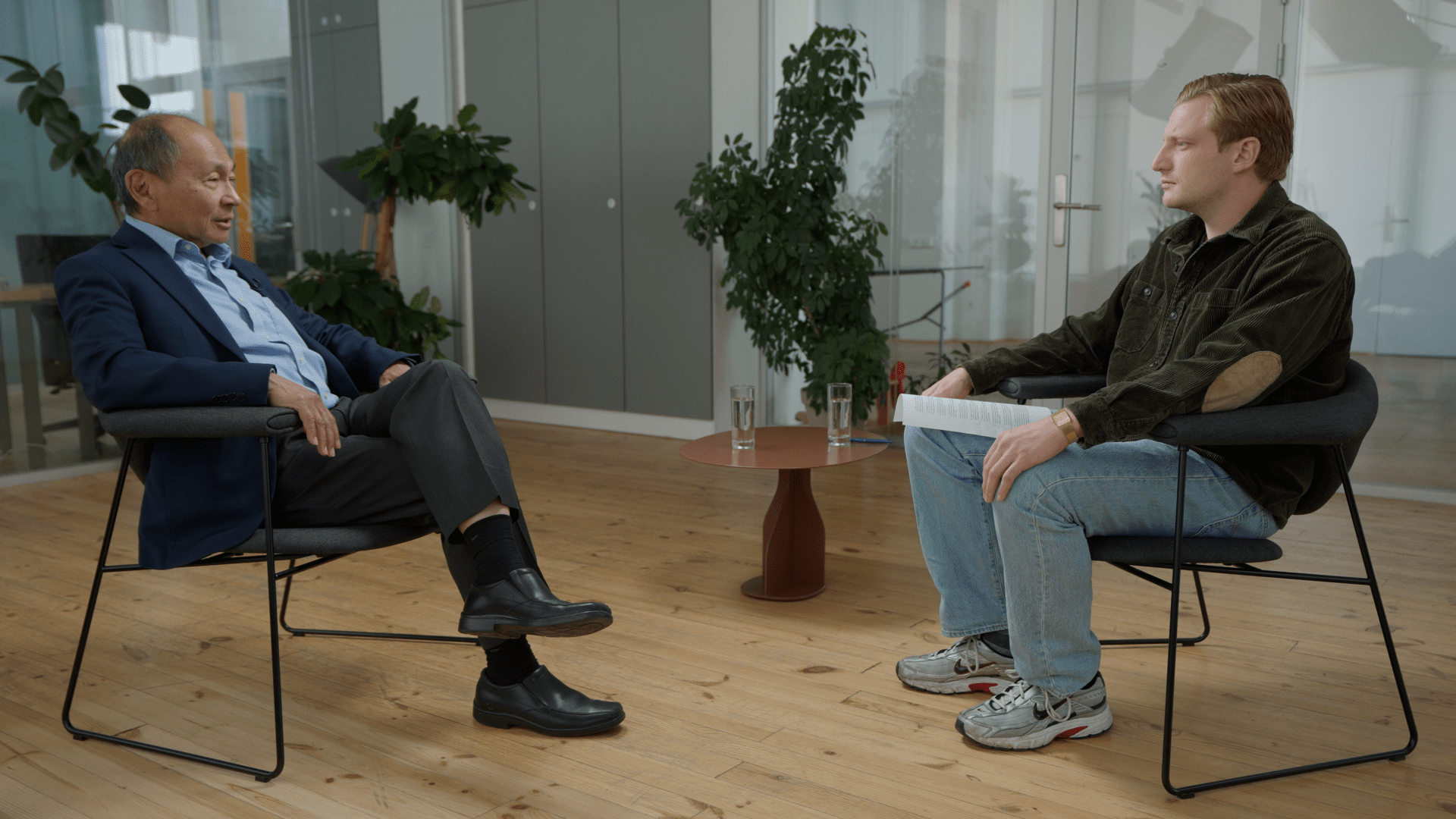
In your book “Identity, The Demand for Dignity and the Politics of Resentment,” you discuss the importance of national identity. What implications does this have for Ukraine’s future?
National identity is important because if different people living in a society don't believe that there's an overall entity that they're loyal to, then they're going to behave in ways that are very destructive of the solidarity of that country. If they want to stick to one ethnicity or one region, that is going to weaken the country as a whole. There's also a challenge for a liberal democracy to have a national identity because, unlike, let's say, a fascist country, you can't emphasize race or ethnicity as the core of who you are.
That means that the task of a democracy is to build national identity around more abstract political ideas, and I think that's something that is true in Ukraine. Why do people not want to live in Russia? They don't want to live under an authoritarian regime that tells them what to do, what to think, controls their education, and prohibits them from moving around and doing things that they want. That is an important freedom that Ukrainians have. I think that can be the basis for a distinct Ukrainian identity.
Then there are also cultural things, I think Ukrainians are discovering now that their history is unique in many ways. It is not necessarily just part of this larger Russian historical narrative, the way the Russians believe it is. I think it's important to be able to hold onto those aspects of national identity.
What do you predict for Russia's political future in the aftermath of the war in Ukraine, maybe even during the war in Ukraine? Could internal pressures lead to significant changes?
Theoretically it could. The Russian Federation is very heterogeneous and the war has put certain strains on that. For example, the Russians don't want to recruit their own ethnic Russians as soldiers, because I think Putin fears that that's going to create a pushback from his own population. They're using a lot of ethnic minorities, Buryats, Chechens and so forth.
That works in the short run, it also is going to lay the groundwork for some ethnic tensions. Overall, I'm not expecting the Russian Federation to fall apart anytime soon because it does have a lot of resources to hold itself together.
Assuming a postwar scenario, what role do you envision for Ukraine in the broader international community? How would Ukraine's experience and resilience influence other countries facing similar threats to their sovereignty and democracy?
I think Ukraine has been a tremendous inspiration to democratic people all over the world. We usually don't face the serious threats that Ukraine has faced. I think the way Ukraine has met this challenge is a great inspiration – not just the soldiers fighting on the front line, dying and wanting to persevere, but also the degree of innovation and entrepreneurship. For example, creating a whole drone core industry. That's something that's quite remarkable that nobody else has done. I think those things are going to be copied by other countries.
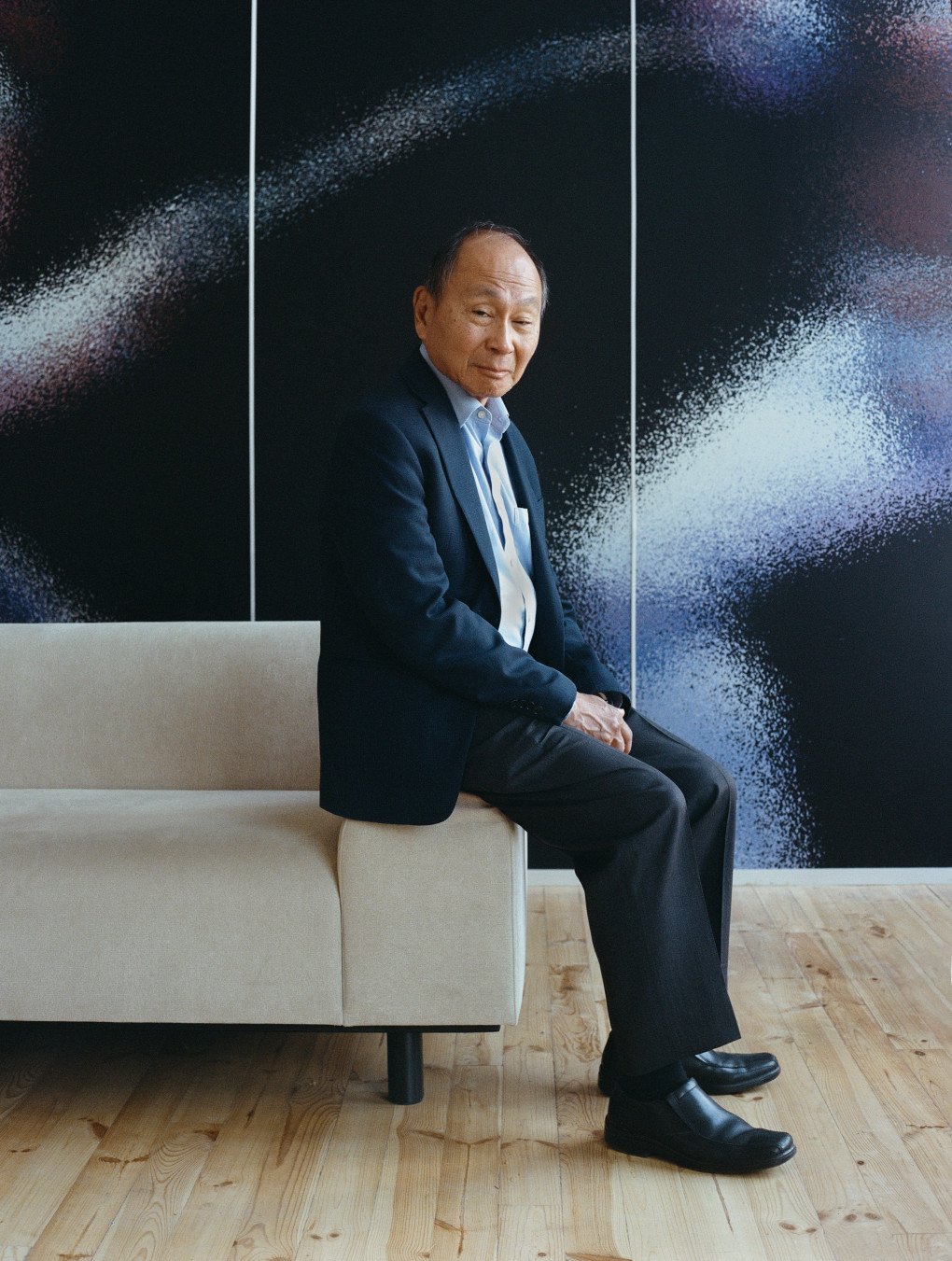
Speaking about postwar scenarios and a little bit about the future, I would love to ask about the U.S. elections.
I think the American election is going to have a big impact on Ukraine. It's actually very easy to manipulate Trump. You just have to praise him and build up his ego. Putin has been very successful at doing that.
Vice President Vance just put out his own peace plan that's identical to Putin's, basically to have a ceasefire. Then Russia gets to keep whatever territory it's succeeded in occupying since 1991. I think that that's going to be terrible for Ukraine because it's going to mean a loss of territory, sovereignty and so forth. The Harris administration will not do that.
There's obviously been unhappiness with the Biden administration not giving permission to use the weapons that have been provided. As their range would really be necessary to defeat Russia. That's a fight, that's ongoing. I think, eventually they're going to give in on this, but that's a lot better than being cut off. It was the Republicans in Congress that cut off all weapons supplies last fall. I think that is what you can expect if the Republicans win the election.
How do you assess the response of Western democracies to the war in Ukraine? Has the West's strategy been effective in defending liberal democratic values, or has it revealed weaknesses?
I think the biggest critique I have of the Western response has really been the American one, because the United States is the main supplier of military equipment. I think that the United States has had an excessive fear of escalation on the part of Russia and as a result, has not provided sufficient weapons and given permission to use them in a fully effective way over the last two and a half years of the war.
I think that continues with these restrictions by which long range missiles can be used by Ukraine. At the present moment, I don't really see any way of deterring these Russian missile attacks unless they are also subject to a similar kind of strike threat. That's a direct result of calculations made in Washington that I think are excessively cautious.
UNITED24 Ambassador Francis Fukuyama is raising funds to help clear Ukrainian land from Russian explosive ordnance, as part of the platform’s Humanitarian Demining program.


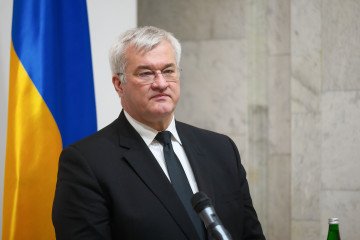
-9ab3b63f905b2166694cb8db0903d1b9.jpg)

-af81c26015dfd8a5ba94ea94254c2d6c.jpg)
-7dd18303818a1dd424fc6511ee8e2fd6.jpeg)